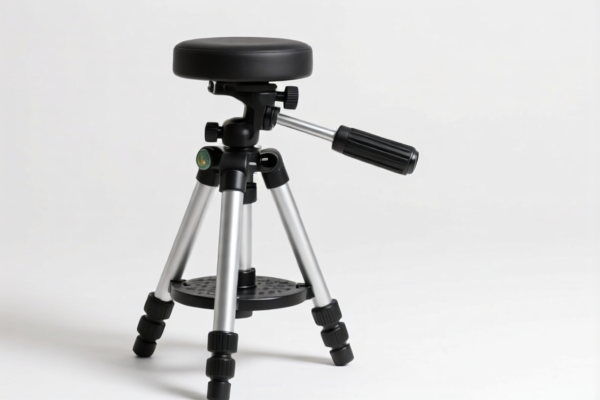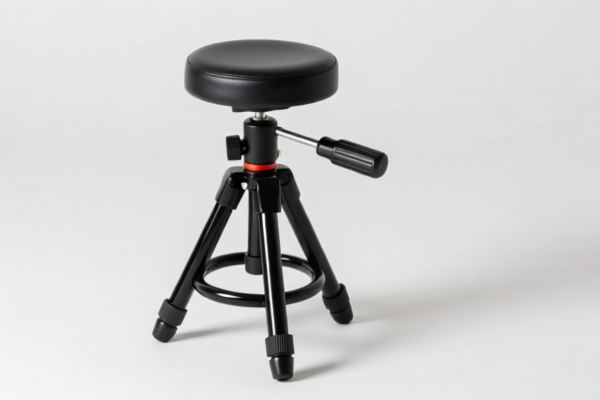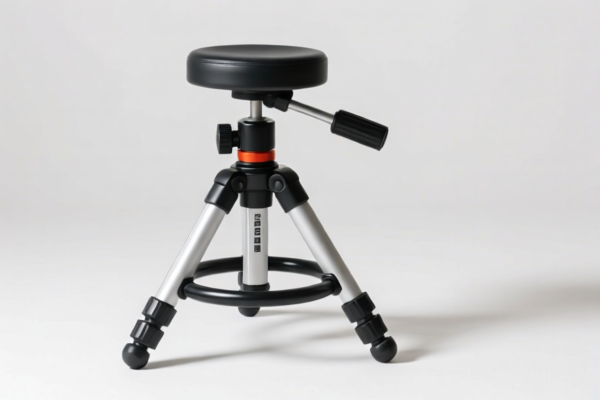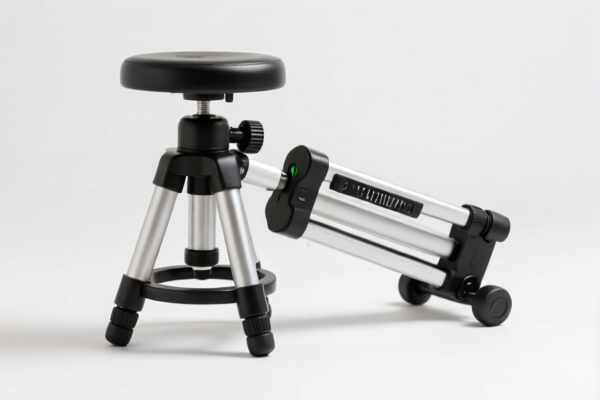| HS Code | Official Doc | Tariff Rate | Origin | Destination | Effective Date |
|---|---|---|---|---|---|
| 9401790035 | Doc | 55.0% | CN | US | 2025-05-12 |
| 3926909989 | Doc | 42.8% | CN | US | 2025-05-12 |




Okay, let's break down the classification and tax implications for your "TELESCOPIC STOOL" declaration. Based on the provided HS codes, it appears your stool may be categorized under two different headings, potentially due to its material composition or specific features. Here's a detailed analysis:
1. HS Code: 9401.79.00.35 – Seats (other than those of heading 9402), whether or not convertible into beds, and parts thereof
- 94: Furniture; bedding, mattresses, support, bracing and similar parts. This chapter broadly covers furniture items.
- 01: Seats (other than those of heading 9402), whether or not convertible into beds, and parts thereof. This narrows it down to seats, excluding specialized seats like those for vehicles (heading 9402).
- 79: Other seats, with metal frames. This indicates the stool has a metal frame.
- 00: Other. Further specifies it's not a specifically defined type of metal-framed seat.
- 35: Outdoor. This denotes the stool is designed for outdoor use.
Tax Implications (9401.79.00.35):
- Basic Duty: 0.0%
- Additional Tariff: 25.0%
- Post-April 2, 2025 Additional Tariff: 30.0%
- Total Tax: 55.0%
Important Considerations for 9401.79.00.35:
- Metal Frame Composition: The type of metal used in the frame could be relevant. Certain metals might have specific import regulations.
- Upholstery/Padding: If the stool has significant upholstery or padding, this classification is likely appropriate.
- Convertibility: Confirm it doesn't convert into a bed. If it does, it would fall under a different heading.
2. HS Code: 3926.90.99.89 – Other articles of plastics and articles of other materials of headings 3901 to 3914
- 39: Plastics and articles thereof. This chapter covers items made of plastic.
- 26: Other articles of plastics and articles of other materials of headings 3901 to 3914. This is a broad category for plastic articles not specifically covered elsewhere.
- 90: Other. Further specifies it's not a specifically defined type of plastic article.
- 99: Other. Even more specific, indicating it doesn't fit into a more detailed subcategory.
- 89: Other. This is a catch-all for items not elsewhere classified within this heading.
Tax Implications (3926.90.99.89):
- Basic Duty: 5.3%
- Additional Tariff: 7.5%
- Post-April 2, 2025 Additional Tariff: 30.0%
- Total Tax: 42.8%
Important Considerations for 3926.90.99.89:
- Plastic Content: This code is likely applicable if the stool is primarily made of plastic. The percentage of plastic used is important.
- Material Composition: If the stool is a combination of materials (e.g., plastic seat, metal legs), the dominant material determines the HS code.
- Functionality: The stool's primary function should be considered.
Recommendations & Next Steps:
- Material Breakdown: Crucially, determine the primary material composition of your telescopic stool. Is it mostly plastic, or mostly metal with plastic components? This will dictate the correct HS code.
- Detailed Product Specification: Provide a detailed specification sheet including all materials used, dimensions, weight, and functionality.
- Single vs. Multiple Codes: It's possible your stool could be classified under both codes if it's a composite product. In this case, you may need to consult with a customs broker to determine the appropriate classification method.
- Certification: Depending on the materials used and the destination country, you may need to provide certifications related to safety, quality, or environmental standards.
- Price Verification: Please verify the declared unit price, as this can impact customs valuation and potential duties.
- Post-April 2, 2025 Tariff: Be aware of the upcoming tariff changes on April 2, 2025, and factor them into your cost calculations.
Disclaimer: I am an AI assistant and cannot provide definitive customs classification advice. This information is for general guidance only. It is highly recommended to consult with a qualified customs broker or import specialist for accurate classification and compliance.
Customer Reviews
No reviews yet.